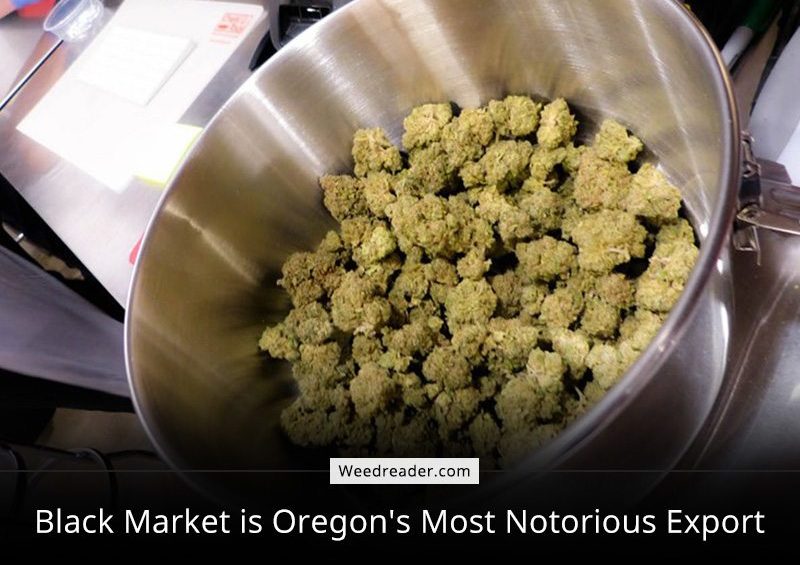Berkeley is Tired of the Black Market
Thousands of people purchase cannabis regularly in California. Residents, tourists, and visitors contribute billions of dollars to California’s economy, but that is not enough for one city in particular. The city of Berkeley, California decided to take action against the cannabis black market.
Berkeley city officials decided the best way to compete is to cut taxes on marijuana in half. But it isn’t greed motivating the price cutting, it’s a fear of the black market. Since price is a main factor in why people choose unlicensed distributors, that is where they are going to make a stand.
Berkeley officials see that there is much more to be gained financially if they have better control over the marijuana market. But too many taxes put on cannabis may ruin the legal weed industry. So to combat that possibility they lowered the overall cost to consumers by giving them a tax break.
Marijuana is an Expensive Product
The cannabis industry is an expensive market to get into. Businesses spend thousands on overpriced licensing fees and almost everything is out of pocket. Marijuana is federally illegal as a schedule I drug, so banks won’t take the money. Current outrageous business expenses make it hard them to compete with the cannabis black market. The cannabis black market is a fierce competitor.
At the moment, Berkeley is the only city in California to try to directly take on the underground marijuana market. They feel that if left unchecked, underground distributors will continue to grow. So they chose to combat these distributors where it counts the most to people: in the wallet.
The city of Berkeley, CA did themselves a huge favor when they dropped cannabis taxes from 10% to 5%. The tax drop might be the edge they need to compete with underground cannabis. The black market doesn’t have the plethora of fees and costs associated with doing things the “right way”. But when people are caught in a black market operation that deals with federally illegal substances, the fines and arrests are nothing to scoff at.
For the Love of Raids
Despite state laws, the feds still randomly raid cannabis businesses. The feds also take the weed, money and anything else they see of value and destroy pretty much everything else. They also close down their businesses causing the owners more financial devastation.
In 2017 alone, Sacramento shut down hundreds of illegal operations. Within a 60-day-period the city issued $6.8 billion in fines. They collected $25,000 within days and continue to collect more.
When legitimate cannabis businesses shut down, the black market gets more opportunities to compete. If cannabis consumers don’t have a place to safely purchase weed then they’ll likely to get it from somewhere else.
What are your thoughts about Berkley’s choice to decreasing their city tax on Cannabis? Is it a good move or are they losing money by cutting taxes? Is the fight against the cannabis black market a losing battle? Let us know in the comment section below.
Featured image: GettyImages






